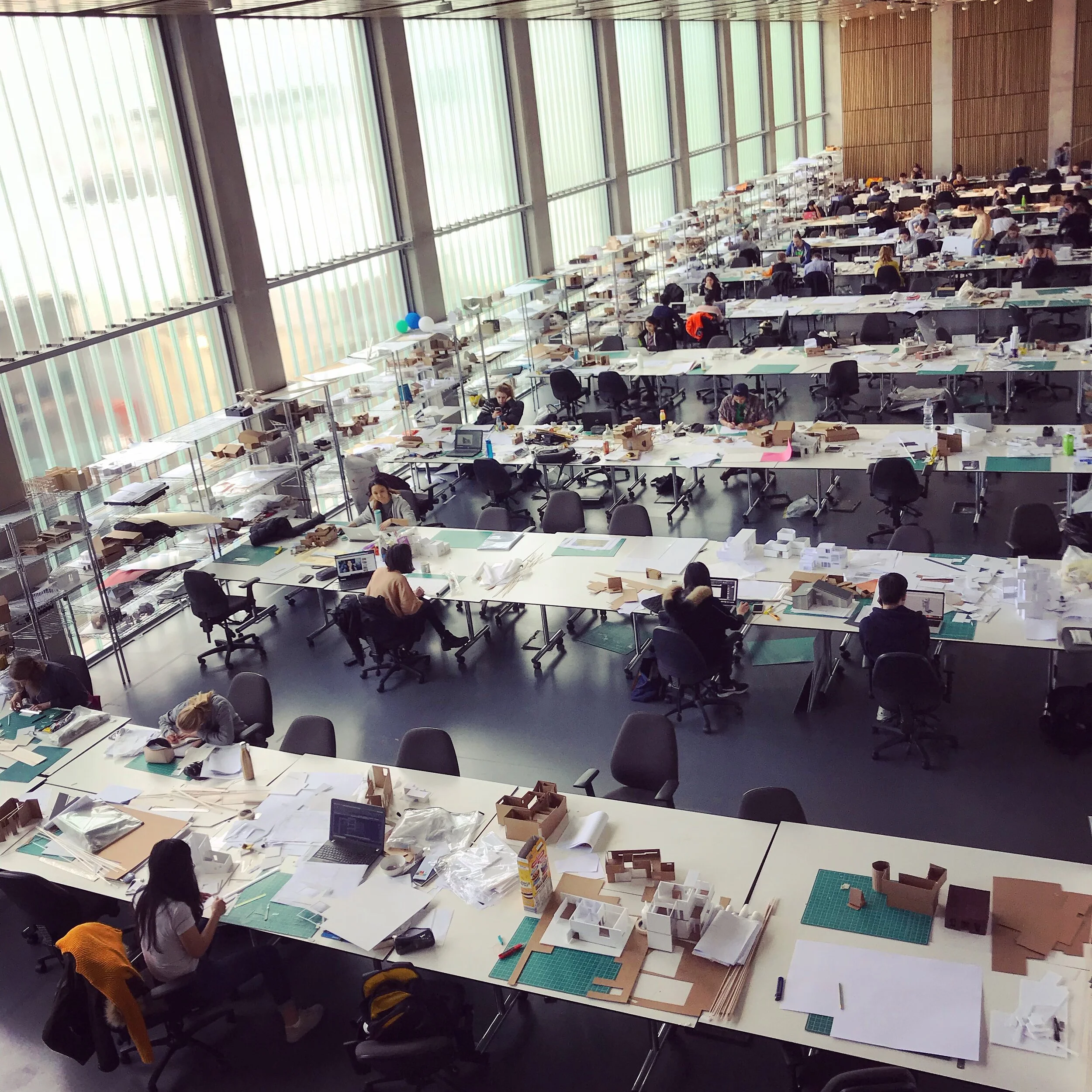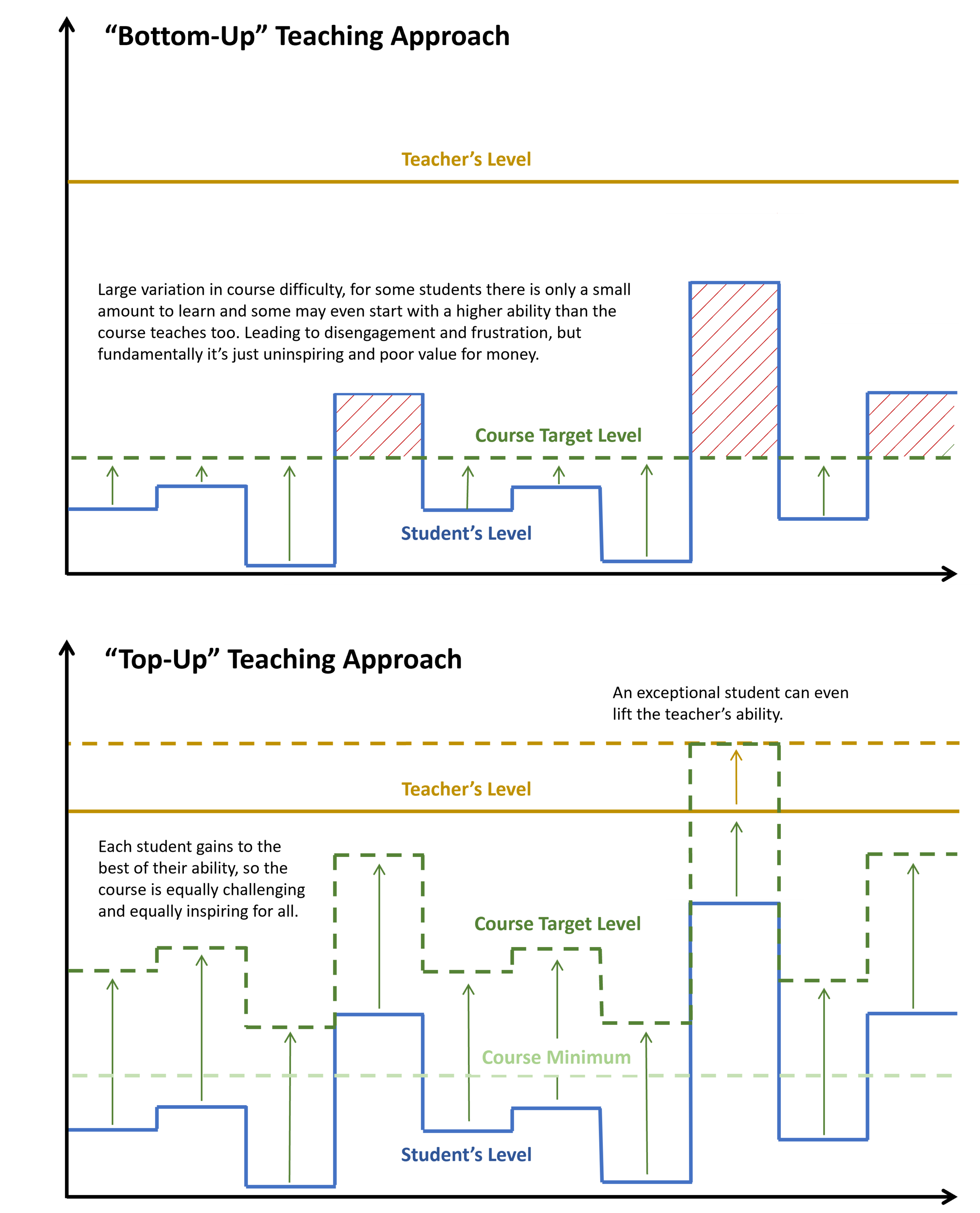
Flipping Classrooms
“Flipped Classrooms” and “Flipped Mastery”… the order of things is changing, and for the better (for everyone).
The emphasis is now on you (the student) to be proactive with your learning, please read the content (at your own pace) before the class, rather than having me read it to you in the class.
Class time should be about developing your understanding rather than delivering content.
Even before COVID-19 lockdowns I was planning to do this, COVID has been a great encouragement to get it done. So I’m very excited to be sharing it with you now. The idea revolves around the concepts of the Flipped Classroom and Flipped Mastery.
In simple terms:
Instead of you coming to class and me talking you through my slides or material, which left little time for questions, discussion or deeper work…
My material is now here in this website (although there may also be some restricted material on Moodle that I am unable to share publicly due to copyright constraints). Please read the suggested pages before each class so that we can spend the class time together really getting to grips with it. Exploring case studies, examples, things you disagree with and things you don’t understand.
The result is a richer more valuable learning experience.
Since the start of COVID lockdowns in the 2019/20 academic year, my teaching approach has iterated and evolved into what I am calling a “Top-Up” teaching approach.
From my experience the majority of teaching at school and university is a “Bottom-Up” approach. Where the teacher tries to lift every student to the same base level. This works well at school because the starting knowledge of most students has been tightly controlled. But at university where we have a more diverse intake it can often lead to a disappointing experience for many. The courses are too hard or too easy or at such a low level for them personally that they disengage with the process completely.
The alternative is a “Top-Up” approach where the teaching team try to lift each student up from wherever is their starting point to a new higher level. The course is therefore equally challenging for all and in some exceptional cases the student may even lift the teacher’s own ability higher. In effect it becomes less ‘spoon-fed’ teaching and far more ‘reflective’ teaching where the more effort put in by the student the more they are able to get out of it.
I also believe this aligns with the thoughts of (the sadly late but great) Sir Ken Robinson, who set out 8 core competencies of education:
Curiosity - the ability to ask questions and explore how the world works
Creativity - the ability to create and apply new ideas
Criticism - the ability to analyse information to form arguments and judgements
Communication - the ability to express thoughts and feelings clearly and confidently
Collaboration - the ability to work constructively with others
Compassion - the ability to empathise with others and act accordingly
Composure - the ability to connect with the inner life of feeling and develop a personal sense of harmony and balance
Citizenship - the ability to engage constructively with society and to participate in the processes that sustain it
The challenge now is on designing an assessment structure that can adequately cope. We’ve had some experience with this now and hope to continue to improve further, but as always are keen to know your thoughts.
As required, all teaching sessions will be also supported on the university Moodle pages and suggestions for which web pages to read before which classes will all be listed there as well. But feel free to read any other sections that interest you.
A complete contents page can be found here.
Many thanks
Dr. Ed Elias, PhD, MEng
University of Bath, Senior Lecturer (Part Time)
Top-Up not Bottom-Up
The differences in a “Bottom-Up” approach and a “Top-Up” approach.
Hopefully leading to a far more interesting and valuable experience for everyone involved.
What does this mean in practise?… No old-fashioned lectures but instead (iterative if time allows) open-ended assignments, guided self-study, personalised or small group coaching, peer-teaching & feedback, and a strong focus on the application of knowledge rather than the memorisation of knowledge.
“I created eight laws of learning; namely, explanation, demonstration, imitation, repetition, repetition, repetition, repetition and repetition.”
John Wooden (apparently one of the greatest basketball coaches of all time, I know nothing of basketball)
Less mass lectures where I don’t know if you understood anything I’ve said and no one wants to be that person who asks questions.
More one-to-one and small group coaching where we can tailor the experience to each student and bring out your full potential.
“This is how we’ve always learnt as human beings, there is no curriculum that teaches you as a child of 6 months old how to walk. There is no curriculum that teaches you language. You learnt it by yourself.
But then we go to school and… [you get] more and more helpless. By the time you get to university you’re so dependant on the professor for your learning [you can no longer do it yourself].”
Fred Swaniker - African Leadership University
Like Fred Swaniker, my intention is to help you learn how to learn again, rather than spoon feed content for an exam that once you’ve passed you forget. It is commonly thought that perhaps only 5-10% of university taught material is used after graduation. The goal therefore should not be to fill your brains with stuff. But to help you think and teach yourself. All I’m trying to do is give you a leg up, let you stand on my shoulders and accelerate the process so you don’t have to start at the same place I did, making the same mistakes and reading everything I’ve read.
This site is meant to be the starting place and the university class time will be focused on exercises and challenges that force you to be creative with the content, develop your own understanding and learn how to rediscover that childlike joy of teaching yourself again.


